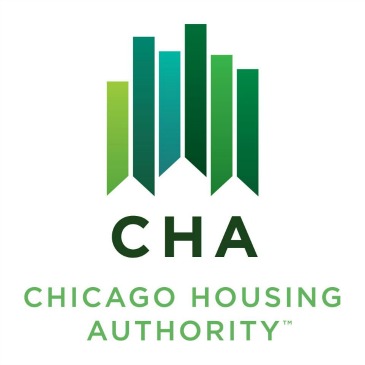CHA Boosts Its Pension, Investments While Families Struggle
By Margaret Paulson in News on Mar 20, 2015 2:30PM
 Though there are more than 282,000 Chicago families on the wait list for affordable housing and 15,900 of them are currently homeless, the Chicago Housing Authority doesn’t appear to be in a hurry to get any of them into homes. Instead, according to the Huffington Post, under Mayor Emanuel’s guidance and approval, the CHA built up massive reserves of capital over the past few years. Between 2011 and 2012, the agency used more than $55 million to shore up its pension fund— more than ten times what is required by law. Additionally, in 2012, CHA used $185 million to pay down its debts early (which seems impossible for a social service provider) and invested the rest in bonds.
Though there are more than 282,000 Chicago families on the wait list for affordable housing and 15,900 of them are currently homeless, the Chicago Housing Authority doesn’t appear to be in a hurry to get any of them into homes. Instead, according to the Huffington Post, under Mayor Emanuel’s guidance and approval, the CHA built up massive reserves of capital over the past few years. Between 2011 and 2012, the agency used more than $55 million to shore up its pension fund— more than ten times what is required by law. Additionally, in 2012, CHA used $185 million to pay down its debts early (which seems impossible for a social service provider) and invested the rest in bonds.
How is this possible? CHA was taking in more federal money— meant for low-income housing— than it was spending, creating large reserves. In a statement to the Huffington Post CHA spokeswoman Wendy Parks defended the agency, insisting that investment in bonds and adding to the pension will save money on interest in the long run by reducing future costs.
Meanwhile, the most economically vulnerable Chicago residents— 85 percent are women, 97 percent are black or Latino and thousands likely have small children— wait for affordable housing. According to the CHA, “the lottery will take place early 2015,” with no further specifics provided. According to Affordable Housing Online, as of March 18, 2015 the CHA had not yet conducted the lottery or indicated a date.
Registration for the lottery to receive a housing voucher took place between Oct. 27 and Nov. 24— that’s when more than 282,000 families signed up simply to be on three waitlists: Housing Choice Voucher (formerly Section 8), Family Public Housing and the Property Rental Assistance program.
During that time one of the items on the Nov. 12, 2014 CHA board meeting was focused on revising the investment policy to increase “municipal obligation investment limit from 5% of total portfolio to 7.5%” because “state and Municipal obligations have performed well for CHA since their introduction in 2010 and this investment component increases CHA’s participation and visibility in this marketplace.”
Leah Levinger, the executive director of the nonprofit Chicago Housing Initiative, told Huffington Post many people feel CHA’s actions of withholding housing assistance stem from “a desire to reduce the number of low-income and minority families in Chicago.”
So what’s Mayor Emanuel’s role in all of this? Aside from being the sitting mayor, the Huffington Post details a long series of events that led to CHA having certain authority and powers today, including Rahm Emanuel’s stint as vice chairman of the CHA from 1999 to 2001. During this time, CHA applied for a status that allowed it the ability to deregulate how capital is used.
Read more about CHA's use of funds at Huffington Post.